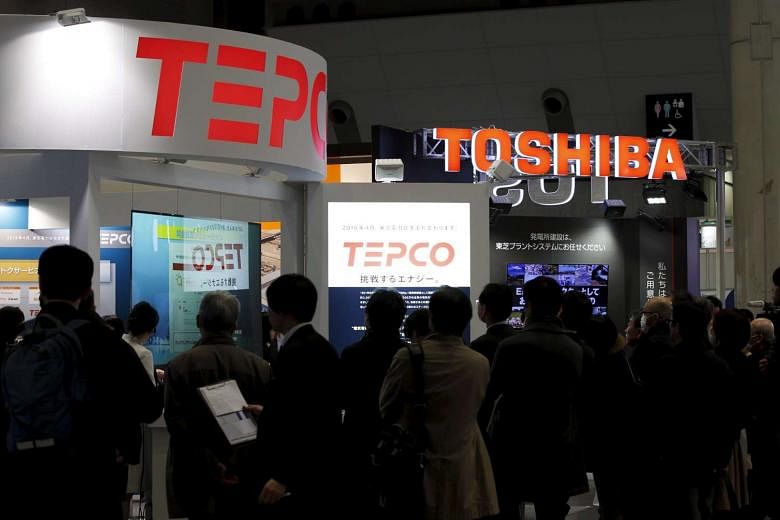TOKYO (Reuters) - The biggest-ever shake-up of Japan's energy industry hit a glitch on its first day as trading was halted for eight-and-a-half hours on a new electricity product, although overall turnover on the beefed up power exchange surged 60 per cent.
A communication connection between the exchange and the national electricity grid monitor set up to ensure smooth transmission and trading of power for consumers broke down late on Thursday stopping trade in one-hour-ahead blocks of electricity, according to officials and statements.
The one-hour-ahead, or intraday, product was introduced as part of the overhaul of the industry, where regional utilities are losing their last remaining monopoly rights and the US$70 billion retail market is opened to all competitors.
Efficient spot trading of electricity is seen as an important step for the changes to be successful.
The outage did not cause disruptions to power supplies and had little impact on the electricity market, said the Organization for Cross-regional Coordination of Transmission Operators, Japan (OCCTO).
Trading in the intraday product on the Japan Electric Power Exchange (JEPX) was stopped between 10pm on Thursday and 6.30am on Friday (April 1) Japan time, said OCCTO, which was set up last year to monitor the market and ensure stable supplies. The new product trades 24 hours a day.
Trading for day-ahead supplies for Friday on JEPX, the exchange's traditional product, surged to 47 million kilowatt-hours (kWh), up 60.6 per cent from the same day a year earlier, JEPX said.
Day-ahead contracts were not affected by the glitch.
Before the changes, JEPX trading typically accounted for around 1 per cent to 2 per cent of overall electricity supplies in Japan, but the increase in volume will be seen as encouraging to those who argue building liquidity is crucial to ensure a competitive market.
The average price of the exchange's day-ahead DA-24 spot index was 7.43 yen per kWh for Friday, down 38 per cent from 11.99 yen the same day a year earlier and up 9.9 percent from 6.76 yen on March 31, according to the JEPX website.

